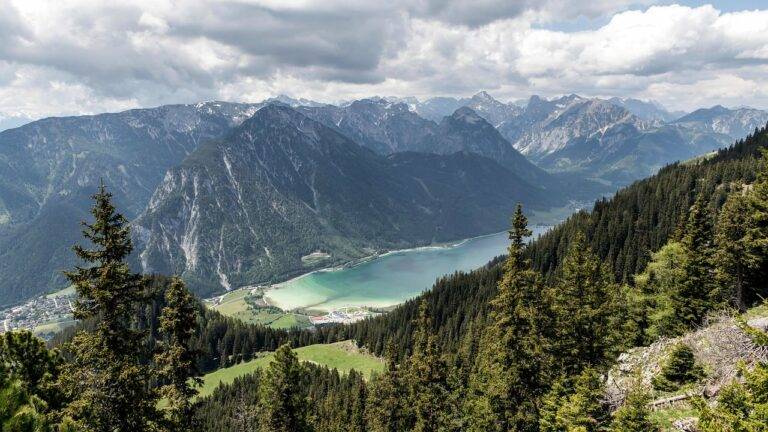The Rise of Eco-Tourism: Sustainability in Travel
Eco-tourism offers a unique opportunity for travelers to experience the beauty of the natural world while minimizing their impact on the environment. By promoting sustainability and conservation efforts, eco-tourism activities help preserve fragile ecosystems and protect endangered species for future generations to enjoy.
Furthermore, participating in eco-tourism activities can provide tourists with a deeper appreciation for nature and a greater understanding of the importance of environmental protection. Engaging in activities such as wildlife watching, hiking, and snorkeling in ecologically sensitive areas allows visitors to connect with the natural world in a meaningful way, fostering a sense of stewardship and responsibility towards the planet.
Impact of Eco-Tourism on Local Communities
Eco-tourism, when managed effectively, can significantly benefit local communities by providing employment opportunities and generating income through accommodations, transportation, and local guides. This can help boost the economy of the region and improve the living standards of residents, reducing their dependence on unsustainable practices such as logging or poaching.
Moreover, eco-tourism can also help raise awareness about the importance of conservation and sustainable practices among visitors and locals alike. By showcasing the natural beauty and cultural richness of an area, eco-tourism can instill a sense of pride and stewardship in the community, leading to better environmental protection and preservation efforts. This can create a positive cycle of sustainable development that benefits both the environment and the people who call it home.
What are some benefits of eco-tourism for local communities?
Eco-tourism can provide jobs, stimulate the local economy, promote cultural exchange, and support conservation efforts in the area.
How does eco-tourism impact the environment in local communities?
Eco-tourism can help raise awareness about environmental issues, promote sustainable practices, and contribute to conservation efforts in the area.
What are some potential challenges of eco-tourism for local communities?
Some challenges of eco-tourism for local communities include maintaining cultural authenticity, managing increased tourism traffic, and balancing economic benefits with environmental concerns.
How can local communities effectively leverage eco-tourism for sustainable development?
Local communities can leverage eco-tourism by developing responsible tourism practices, engaging in community-based tourism initiatives, and working closely with stakeholders to ensure long-term benefits for the community.
What role can governments play in supporting eco-tourism in local communities?
Governments can support eco-tourism in local communities by implementing regulations to protect the environment, providing infrastructure and resources for sustainable tourism development, and promoting eco-friendly practices among tourists and businesses.





